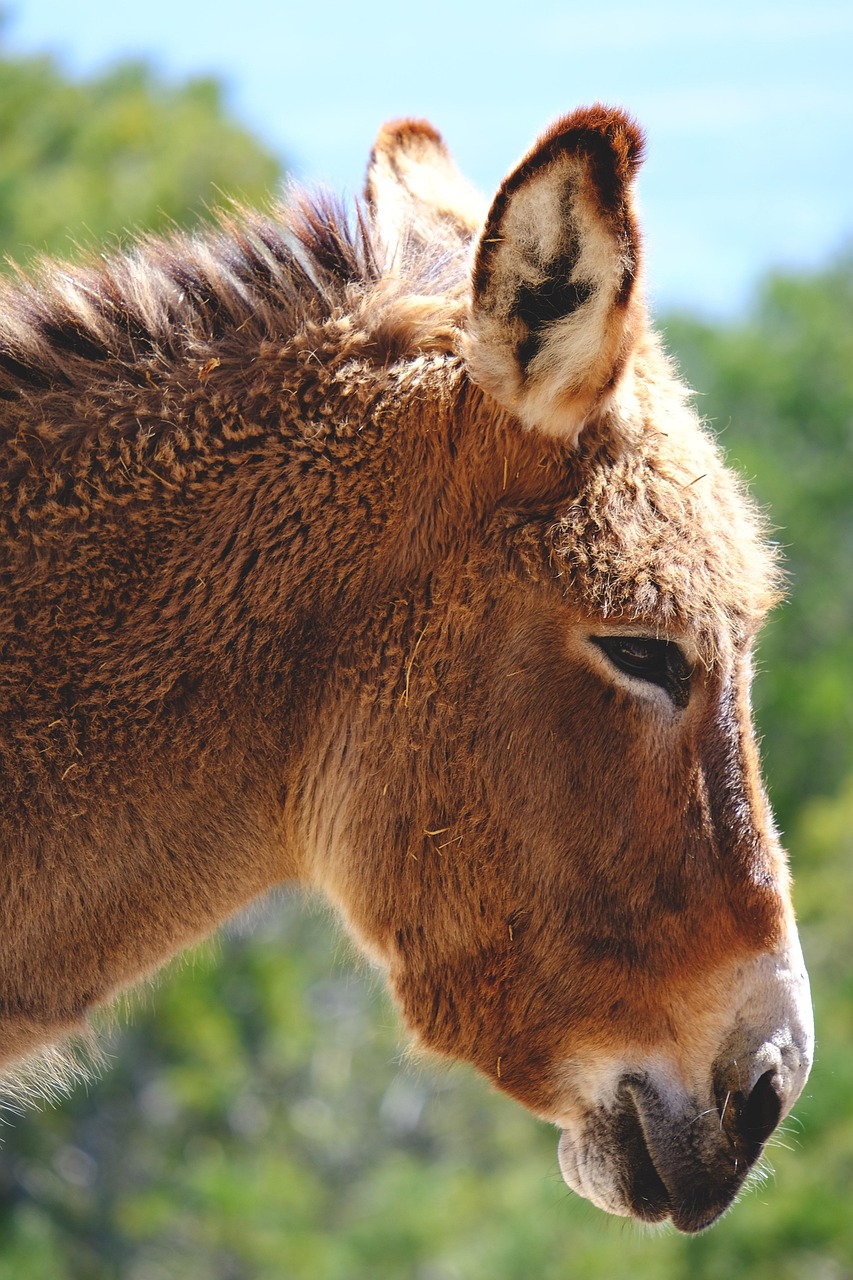A disturbing incident near the Giza Pyramids has captured the public’s attention, following the emergence of a viral video in which a Dutch woman confronts a man reportedly beating a donkey in the Nazlet El-Semman area, close to the Sphinx archaeological site. The footage, which has circulated widely on social media, depicts a physical altercation as the woman intervenes after witnessing the man whip the donkey repeatedly.
In the wake of the video, viewers expressed outrage and called for accountability, urging local authorities to investigate the apparent incident of animal cruelty in one of Egypt’s most frequented tourist locations. Social media users mobilized quickly, demanding a response from officials tasked with safeguarding animal welfare.
The man identified in the video, Bilal Mahmoud, has since filed a police complaint against the woman, Jock Vanderbost, accusing her of assaulting him during the confrontation. He also alleges that the circulation of the video has caused him psychological and moral harm. Legal proceedings have reportedly commenced as authorities assess the claims from both parties.
Egypt’s Ministry of Interior confirmed on Friday that Mahmoud has been apprehended. The ministry’s statement indicated that he admitted to striking the donkey, citing the animal’s agitation as the reason for his actions. Allegations surfaced that Mahmoud interpreted Vanderbost’s response as an assault, prompting him to distance himself from the situation, rather than engaging further.
Vanderbost, a resident of Egypt for several years and an advocate for animal welfare, operates a free equine treatment center in the vicinity. The clinic boasts a team of three veterinarians and provides vital care for horses, donkeys, and mules, addressing various ailments and contributing significantly to local animal health. Reports suggest that through her efforts, she has built a more positive rapport with local horse owners over time.
In past public statements, Vanderbost has recounted her experiences with animal cruelty incidents in Egypt, particularly during the challenges posed by the COVID-19 pandemic. Her observations of horses suffering from untreated wounds and inadequate veterinary care drew attention to a pressing issue within the community.
As the investigation unfolds, the shocking visuals and the details surrounding this incident have fueled renewed discussions about animal rights and protections for working animals in Egypt. Advocates are seizing the moment to emphasize the need for legislative reforms to strengthen animal welfare in tourism hotspots.
The case not only highlights the immediate concerns regarding animal treatment but also raises broader questions about the responsibilities of tourists and locals alike in protecting vulnerable animals. With both parties under scrutiny and legal actions initiated, the outcome of this investigation is being watched closely by animal rights supporters and the general public alike.

